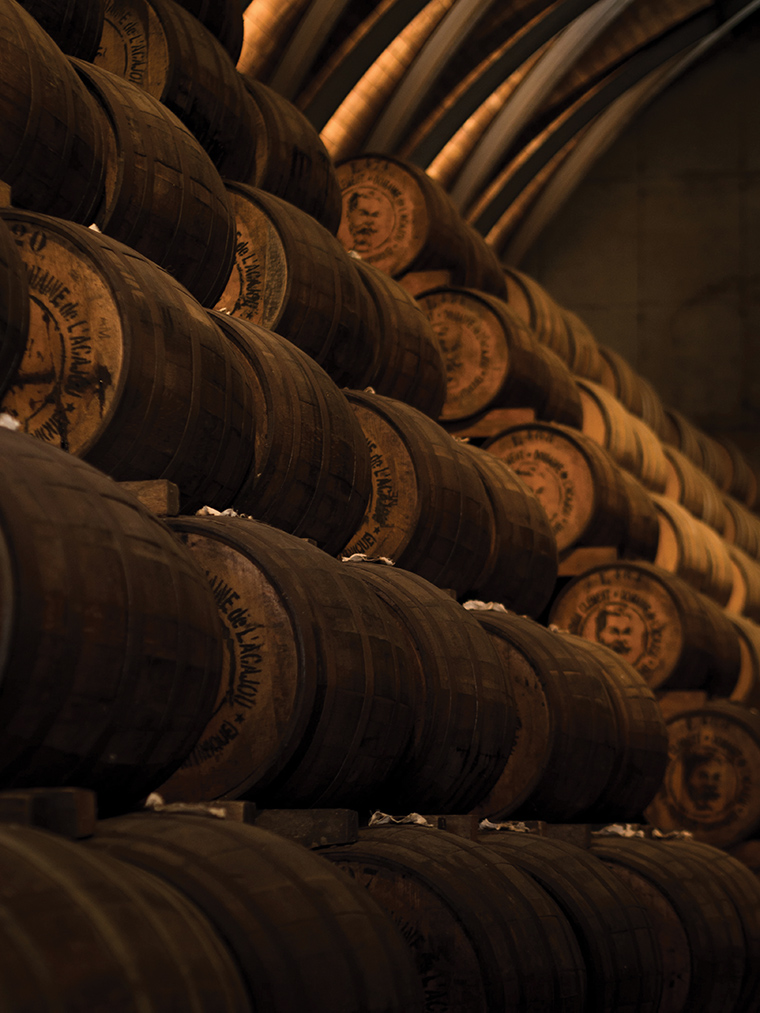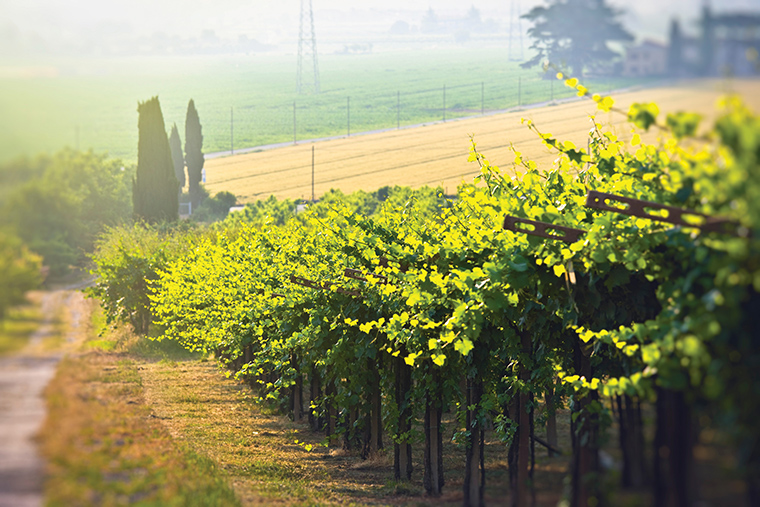Harvesting Investments With Fine Wines And Champagne
More are turning to fine wines and champagnes as a low-risk, low-volatility investment portfolio
Wine investment made big news last year, when the performance of Burgundy wines grew by more than 30 percent, outperforming even blue chip stocks. Here in Southeast Asia, investors are waking up to the potential of fine wine. Perhaps no better indication of wine’s investment potential in Singapore is the opening of UK-based wine investment firm, Cult Wines last year.
Here’s a question though: How safe is it to invest in wine? “Very safe,”says Sam Mudie, General Manager, Cult Wines. “Wine is a good investment. People normally look at ROI when investing. Fine wine has a demonstrable ratio of plus and minus 10 per annum. You can generally see a compound annual growth of between 9 to 14, 15 percent,” he says.
Mudie says there’s low risk in investing in the wine market. “There is low volatility, low standard deviation. It offers reasonable return, long term stability, and tax efficiency (something that’s not quite relevant in Singapore). To be able to invest in something that is free from income tax, free from capital gains tax, it’s generally a very good market to be involved in.”

Let’s also not discount the fact that it’s something that people will have fun doing, he says. “So if you tick all the investment boxes, and have a more holistic lifestyle side to the investment as well, then it’s a bonus unique to passion items such as wine or cars.”
And contrary to what many people think, you don’t even need to know anything about wine to make a good investment in it. It’s practically a case of, “I need your name and money and we take care of the rest,” says Ivy Lim, investment manager, Cult Wines, half-jokingly.
Though maybe not. “It’s true to a certain extent,” says Mudie. “We are a wine advisor. We are set up to cater to absolute newcomers. All we really need to do is understand what they need: objectives, time frame, risk profile, budget – then we can take over completely from there. We look after the full logistics of it.
“If someone approaches us, with zero investment knowledge and wine knowledge, they can have just as successful an investment as someone who comes to us with a lot of knowledge of wine. We remain in control of our client’s portfolio and steer them in the right direction.”

Initial investment
How much investment would be agood start? Surprisingly, not much.“We are talking minimum of £25,000 but realistically, to get a good perspective, it would be £50,000 to £100,000,” says Mudie.
Experts say that there are several ways to invest in wine. One option is to buy and resell individual bottles or cases of particular vintages. Another option is to buy shares in a fund of wine investments. As Mudie says, the type of portfolio you might form would be based on your budget, investment commitment and your appetite for risk.
Firms like Cult Wines can help manage your portfolio for you. The firm will practically do the investing for you. The firm will buy, hold, or sell your assets after one to three years. And it’s not like your money would be tied into it permanently. There’s an option to liquidate your portfolio in six to eight weeks should you need the money urgently.
What’s great about wine investment firms like Cult Wines is that they’ll examine your portfolio on a daily basis to take advantage of sudden shifts in the market.
What to invest in
It seems intuitive that red wines, like Bordeaux and Burgundy, will make good investments, because they age well and so there’s not much fluctuation in the market. Top of the line of course would be first- growth wines – the premier crus. This will include Haut-Brion, Lafite-Rothschild, Latour, Margaux and Mouton Rothschild. These chateaux may have secondary labels that would not be as valuable but could prove to be profitable as well.







